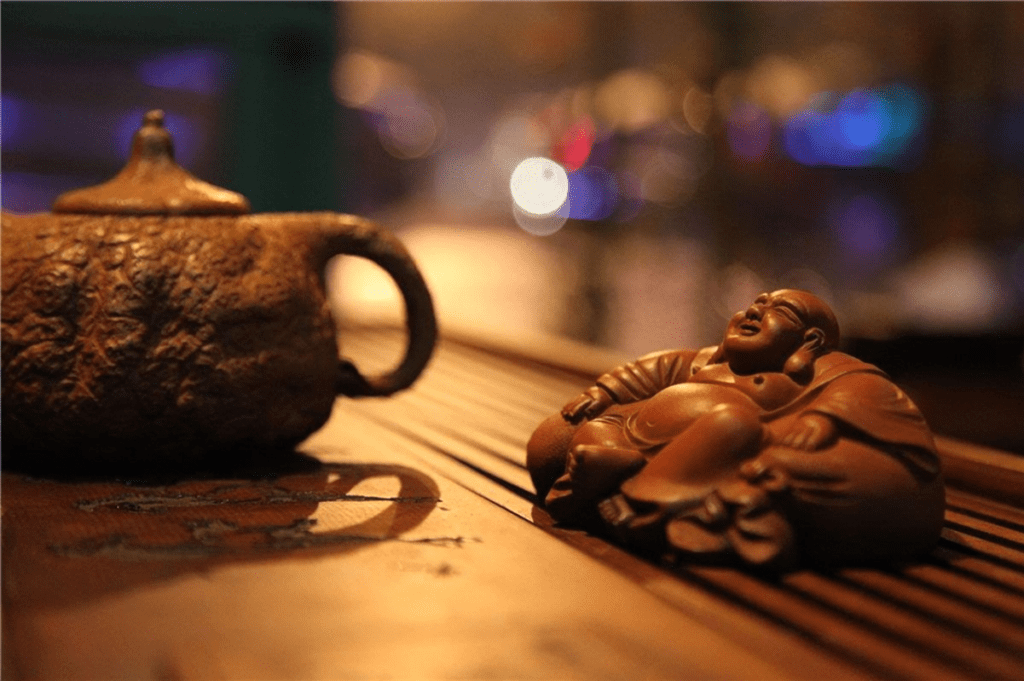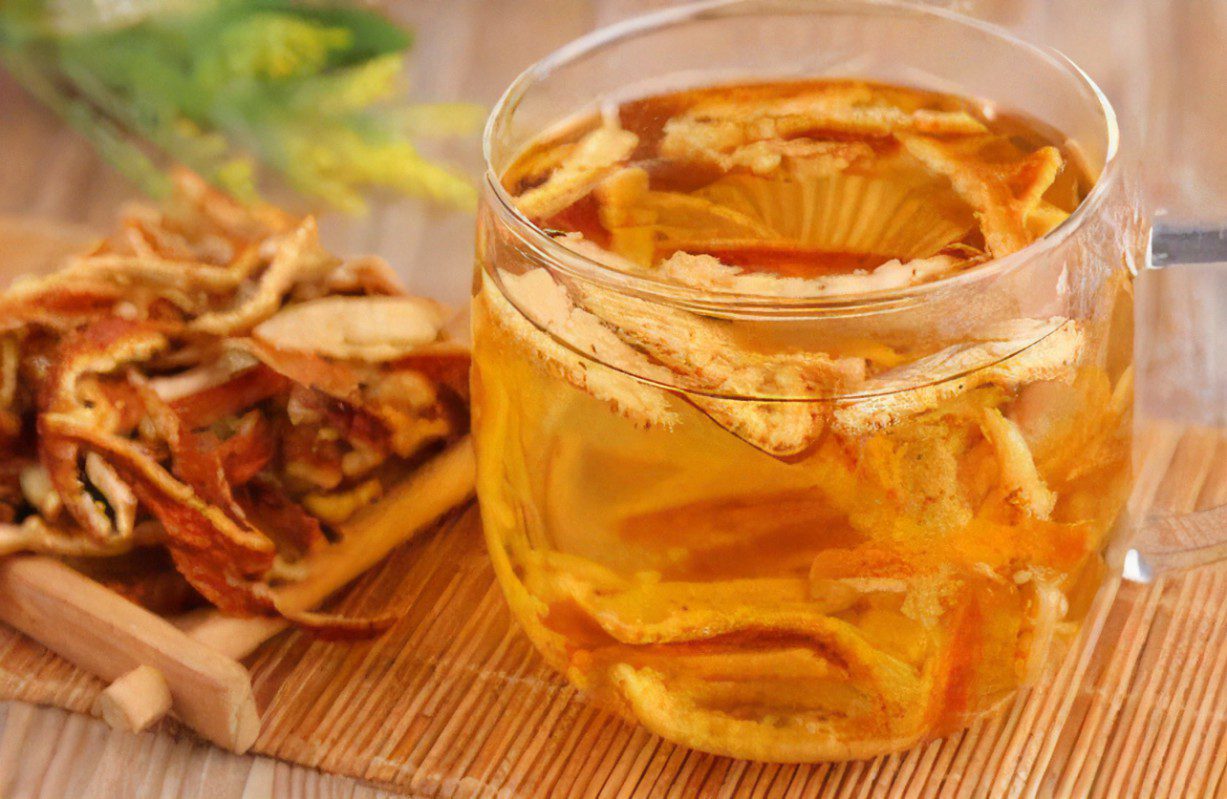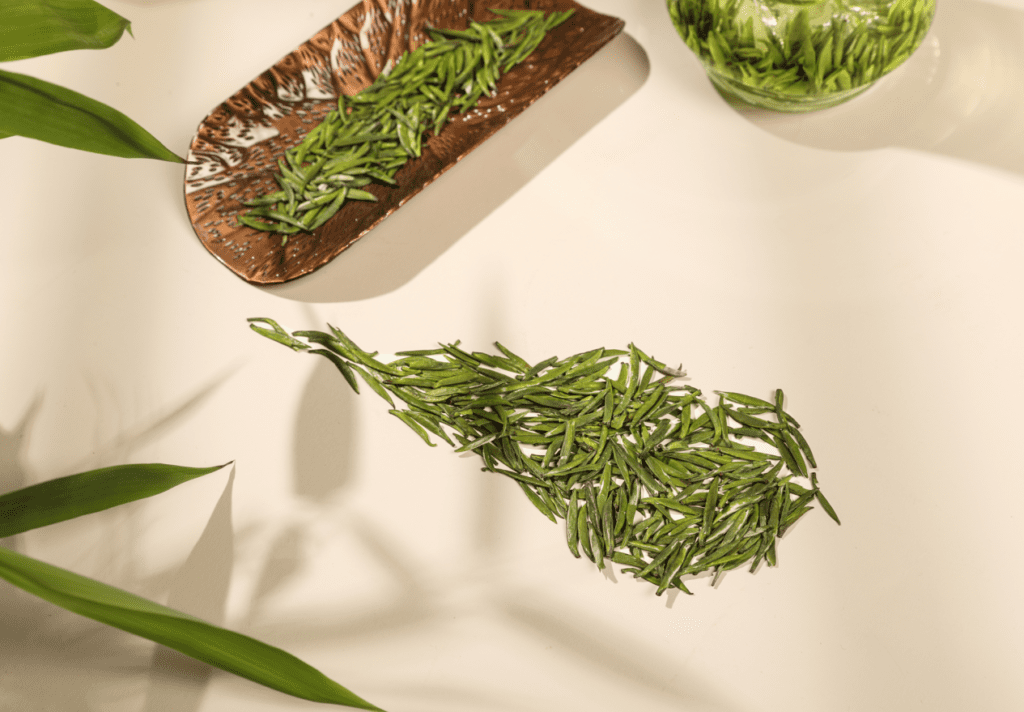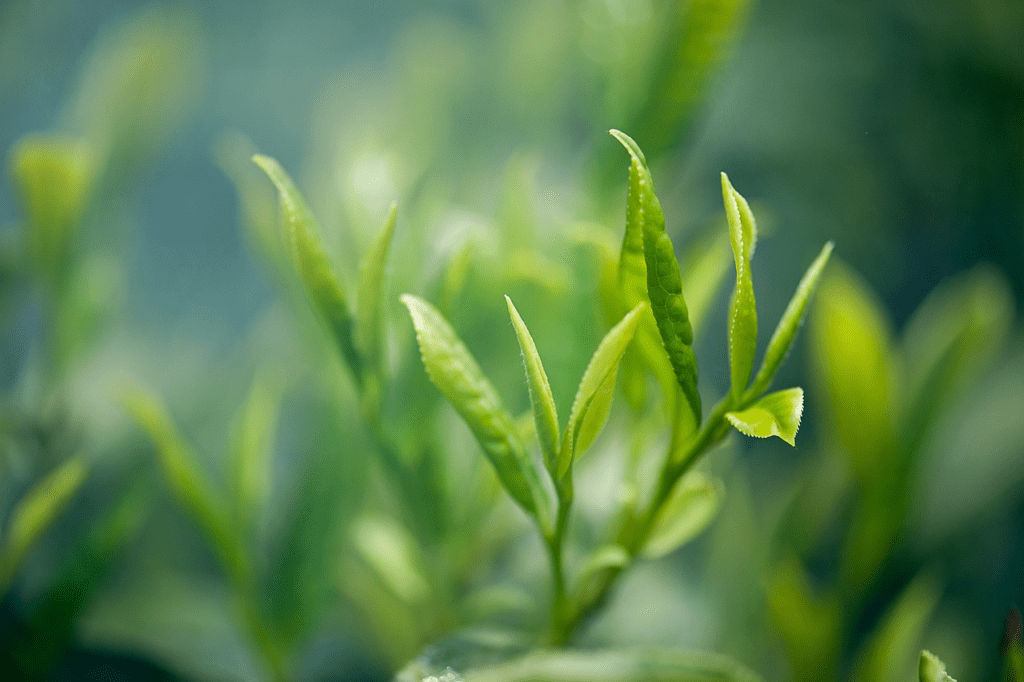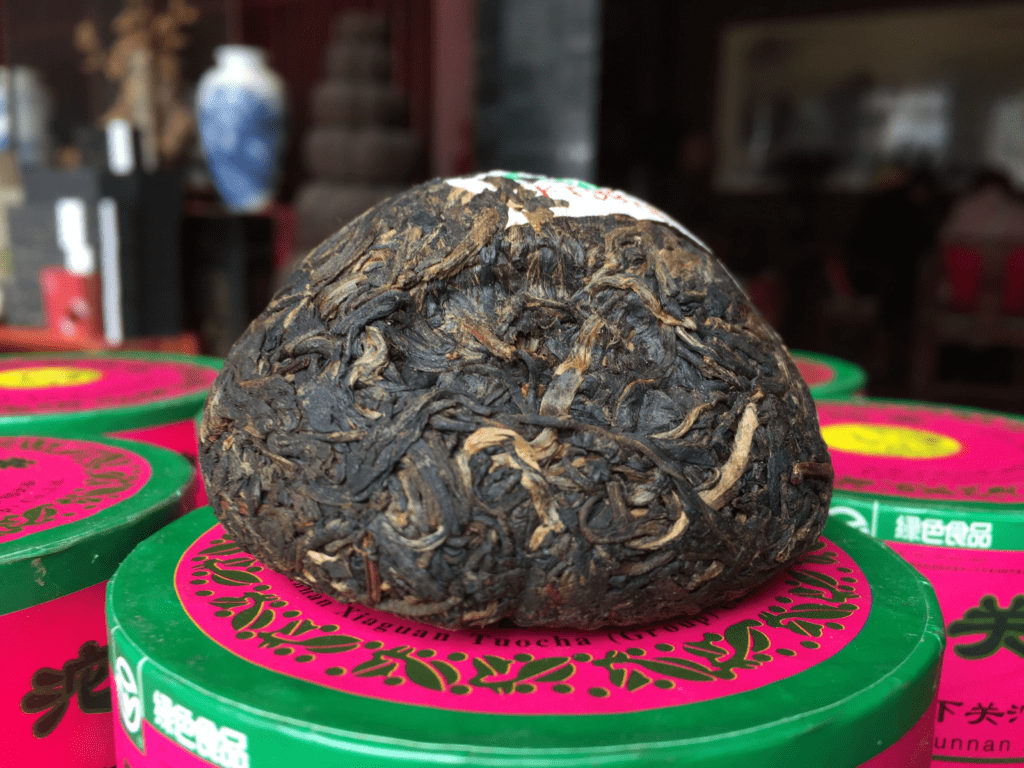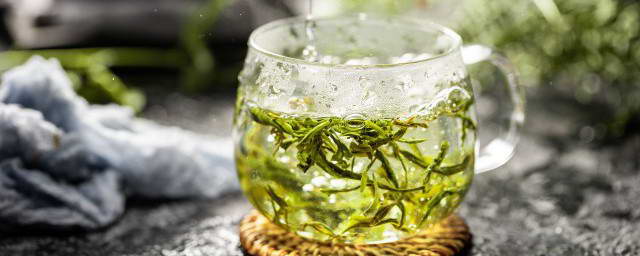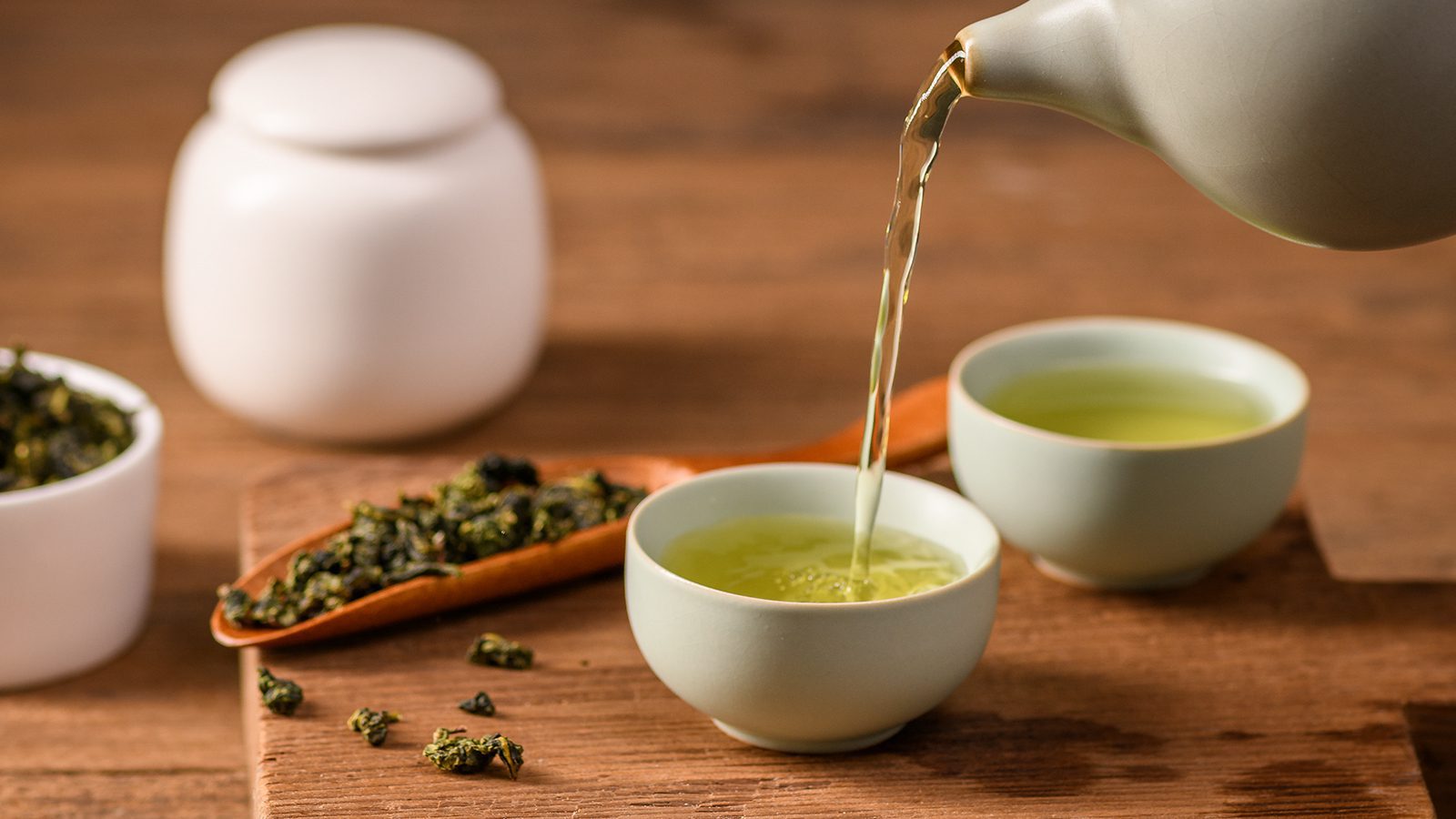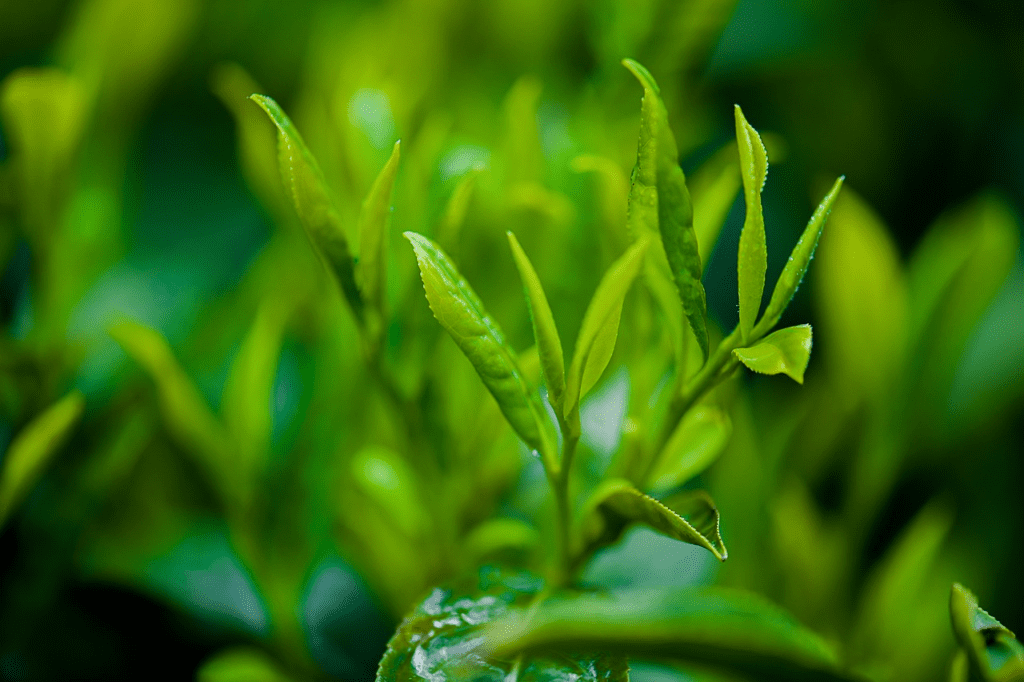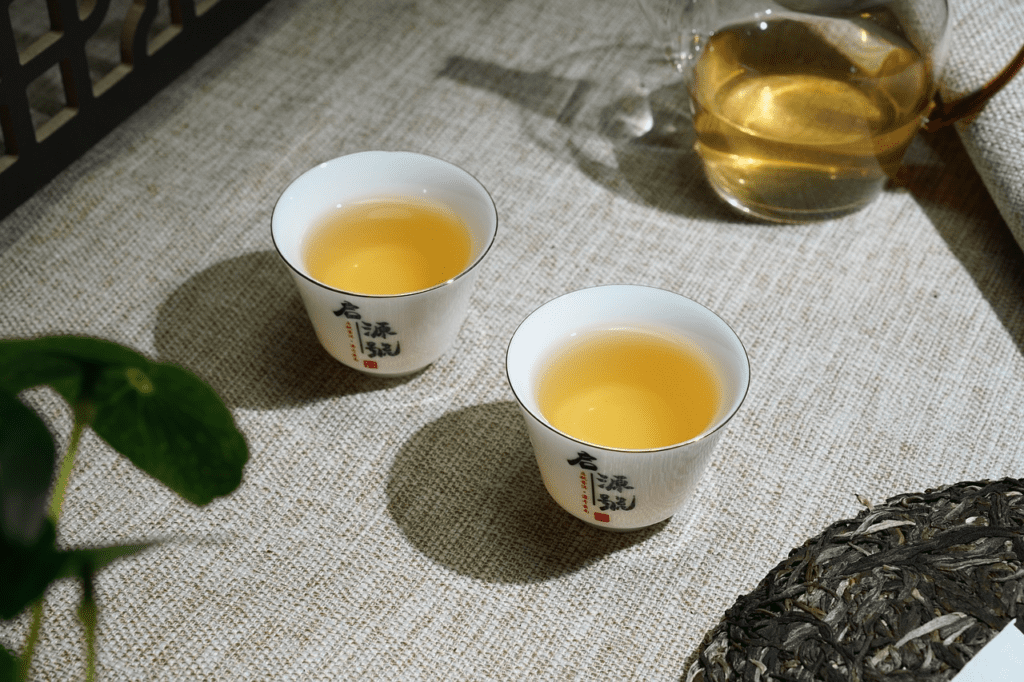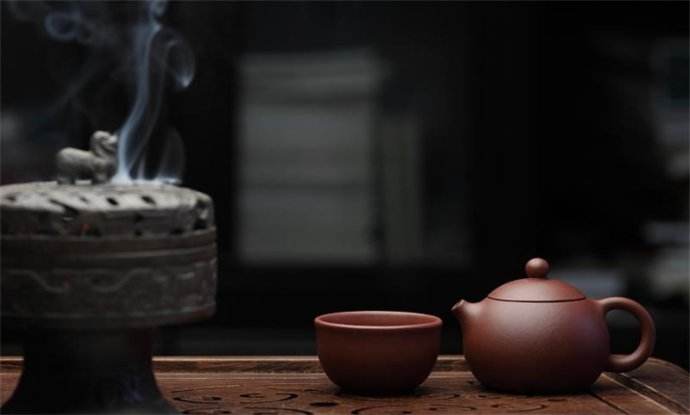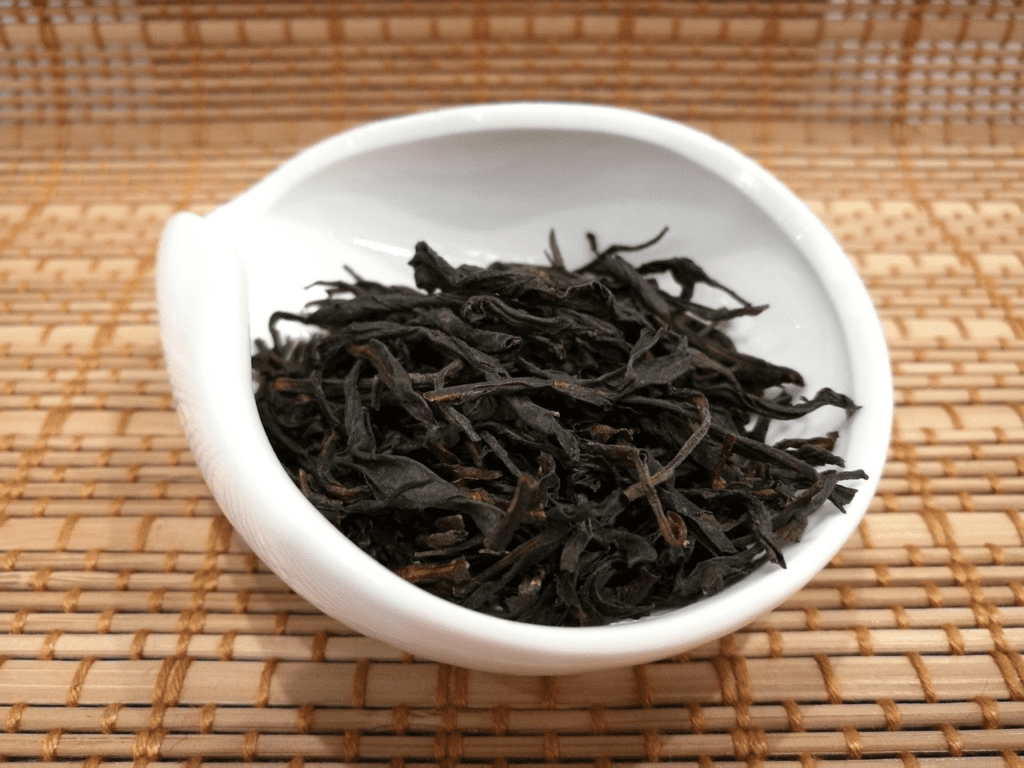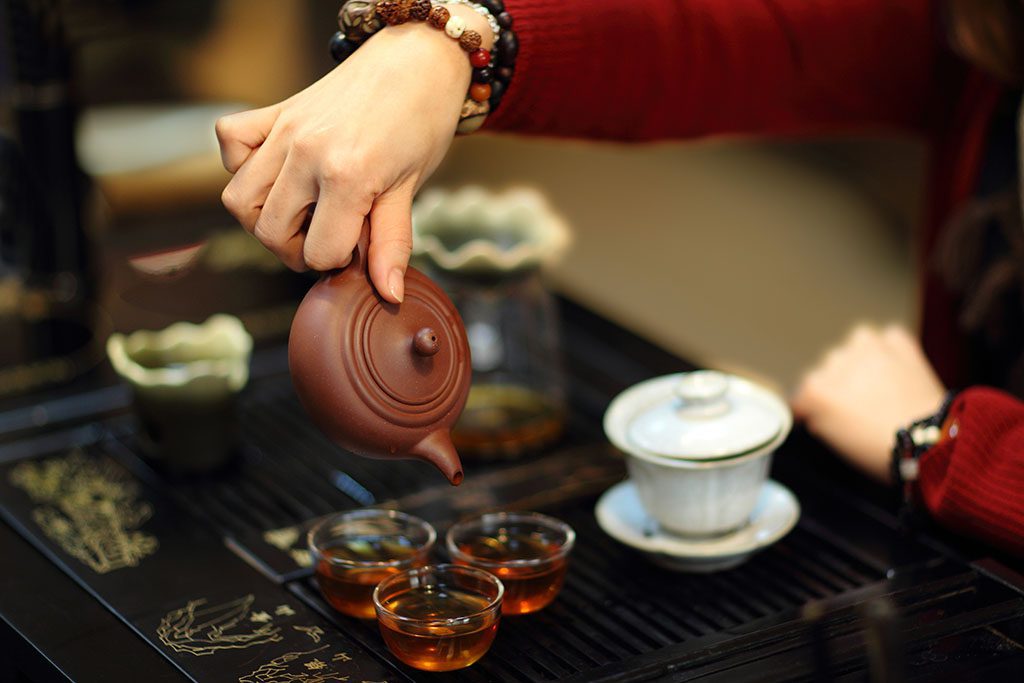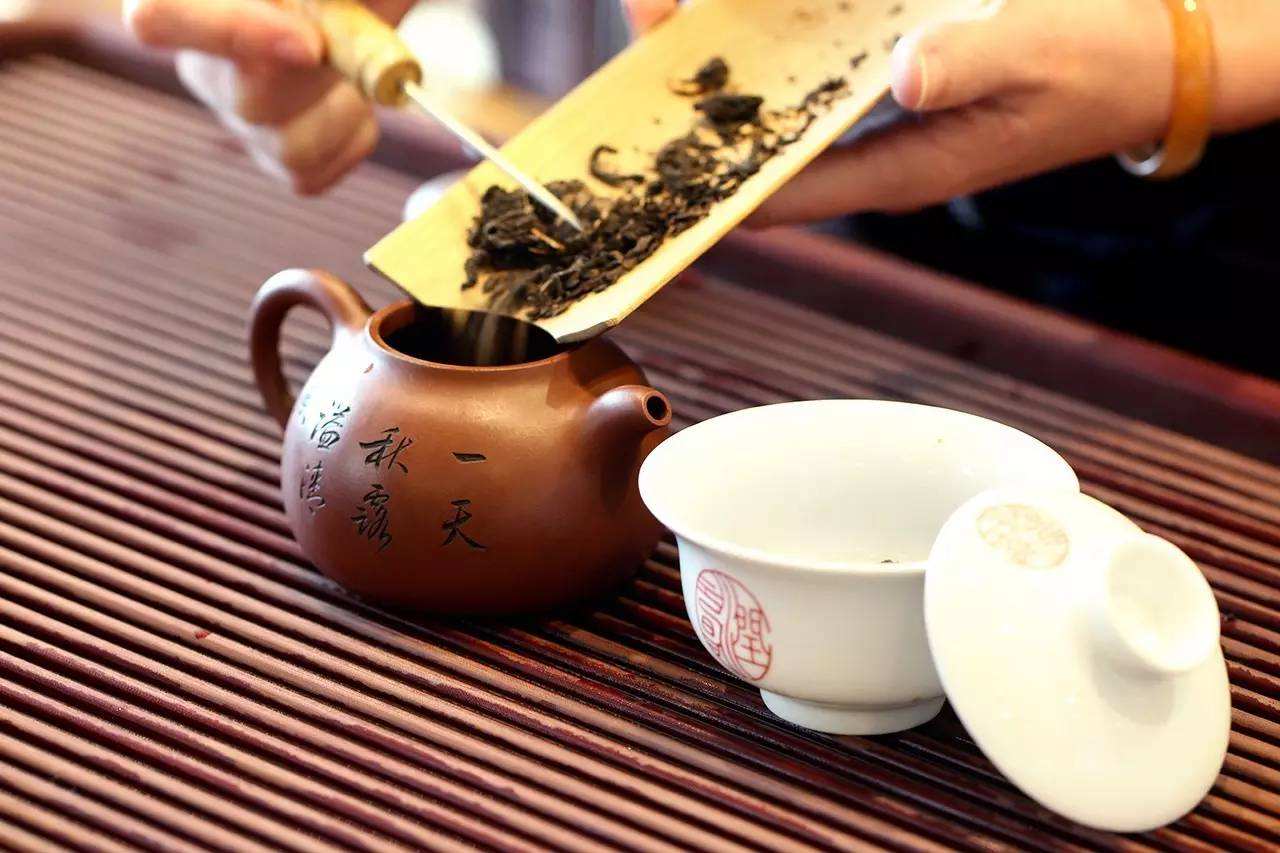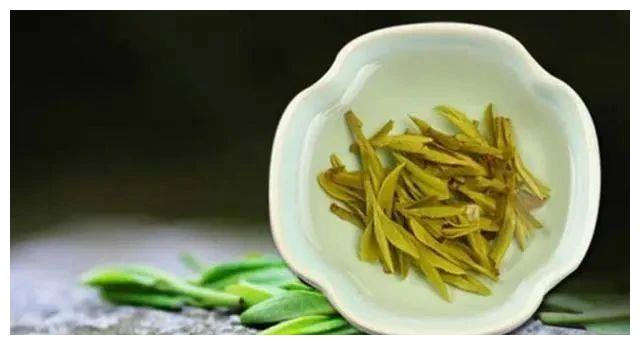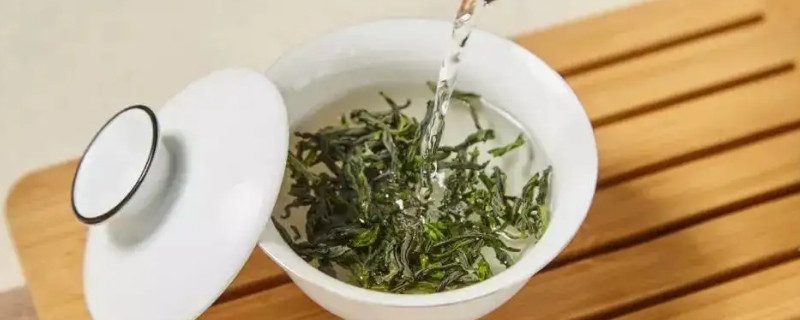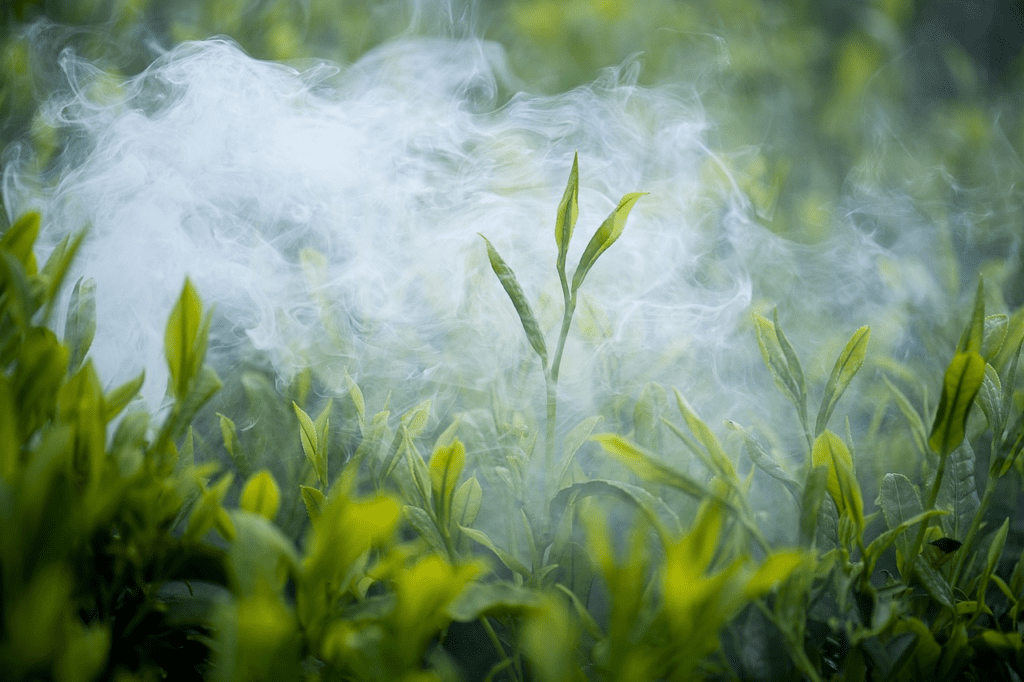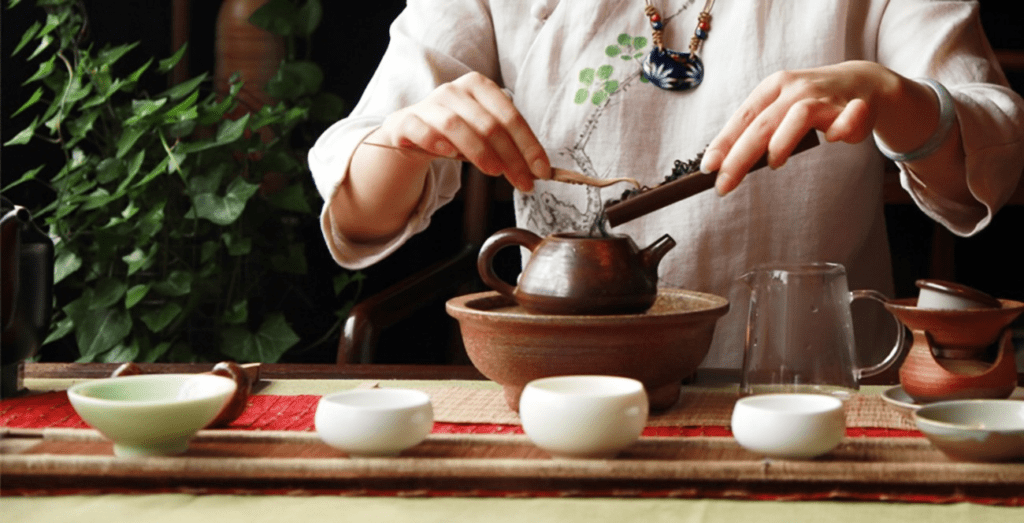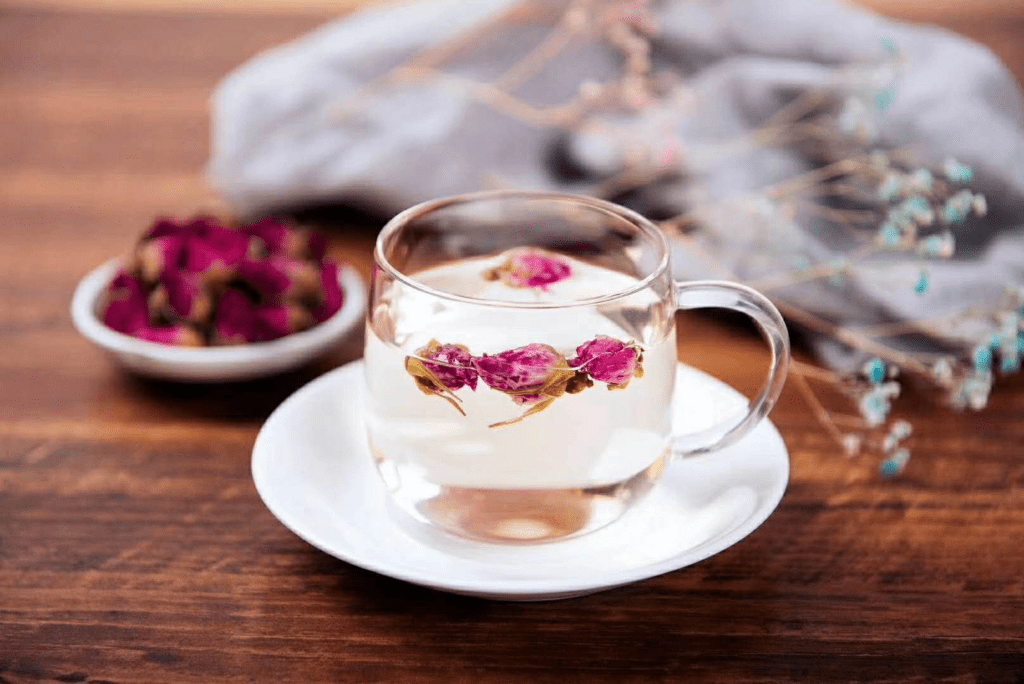Rock tea, the finest of Chinese oolong teas, is world-renowned for its unique rocky flavor (rock bone and flower aroma). However, why is it called "rock tea"? It starts with the unique natural environment of Wuyi Mountain, its place of origin.
Wuyi Mountain, located in the north of Fujian Province, is known as the "Kingdom of Tea". The mountains are characterized by rolling peaks and canyons, and the Jiuqu River meanders through them, forming a unique Danxia landform. The exposed rocks and weathered soil are rich in minerals, providing excellent conditions for the growth of tea trees.
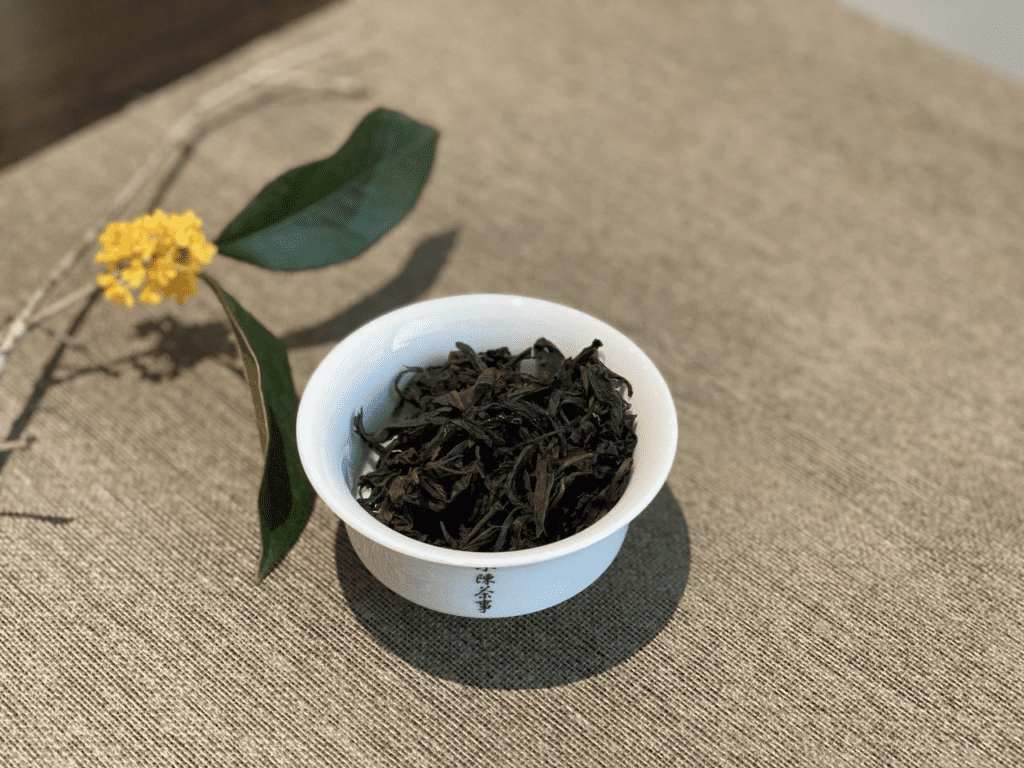
It is in this unique rocky environment that the outstanding quality of rock tea is nurtured. The tea trees of rock tea grow in the cracks and gaps of rocks, with their roots deeply embedded in the rocky soil, drawing on the mineral essence of the rocks. At the same time, the sunlight reflected from the rock walls makes the tea photosynthesize more intensely, producing a wealth of aromatic substances.
The production process of rock tea is also very delicate, and it needs to go through withering, shaking, frying, kneading, baking and other processes. Among them, shaking is the key process of rock tea production, which allows the tea leaves to fully absorb the breath of the rock wall, forming a unique rock rhyme.
The uniqueness of rock tea
Rock tea has the unique quality characteristics of rock bone and flower fragrance. The so-called "rock bone", refers to the rock tea after brewing soup color rock rhyme obvious, taste mellow and sweet; "flower", refers to the rock tea has a natural floral aroma, aroma fragrance lasting.
Rock tea has a wide variety of aromas, commonly including orchid, osmanthus, peach and wood. The taste of rock tea is also very rich, with characteristics such as strong, sweet, refreshing and smooth.
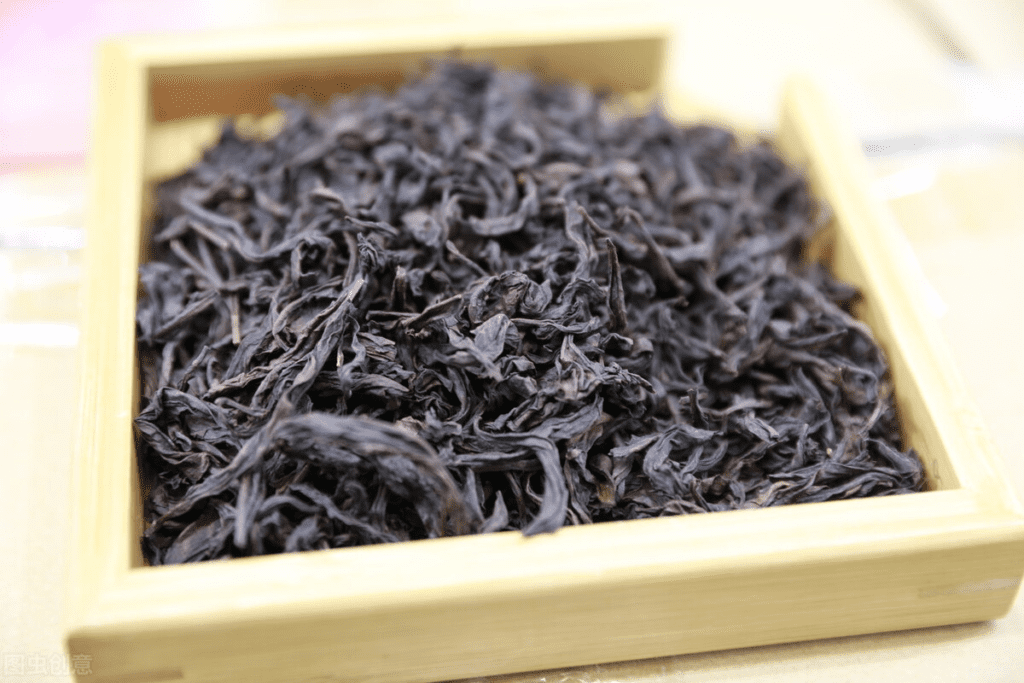
Rock tea not only has charming aroma and mellow flavor, but also has rich health benefits. Rock tea is rich in tea polyphenols, caffeine, amino acids and other nutrients, with antioxidant, anti-aging, lowering blood lipids, lowering blood pressure and other effects.
Classification of Rock Tea
Rock tea according to the origin can be divided into positive rock, half-rock, outside the mountain rock tea. Positive rock tea refers to the rock tea produced in the core production area within the Wuyi Mountain Scenic Area, with the most excellent quality; half-rock tea refers to the rock tea produced in the outskirts of the Wuyi Mountain Scenic Area, with the quality inferior to that of the positive rock tea; and the outer mountain rock tea refers to the rock tea produced in the other mountains around the Wuyi Mountain, with the quality being relatively low.
Rock tea according to the variety can be divided into Narcissus, Dahongpao, Iron Luo Han, White Cockle and so on. Among them, Narcissus is a representative variety of rock tea, with a large production; Dahongpao is the most precious variety of rock tea, known as the "king of tea" reputation.
How to Brew Rock Tea
The brewing method of rock tea is more delicate, and generally adopts the principle of "water on the rock, fire in the rock, tea next to the rock". That is: using Wuyi Mountain rock spring water brewing, with pine firewood or charcoal fire water, in the rock wall next to the brewing.
The specific steps are as follows:
- Preheat the tea set and scald it.
- Take an appropriate amount of rock tea and put it into a teapot.
- Fill with a moderate amount of rock spring water, with the water temperature at 90-95 degrees Celsius.
- Wait for the tea leaves to fully unfurl before sipping.
When tasting rock tea, you should smell the aroma first, then look at the color, then taste. The aroma of rock tea is rich and long-lasting, which can be appreciated slowly; the soup color of rock tea is obvious, which can be observed carefully; the taste of rock tea is mellow and sweet, which can be savored carefully.
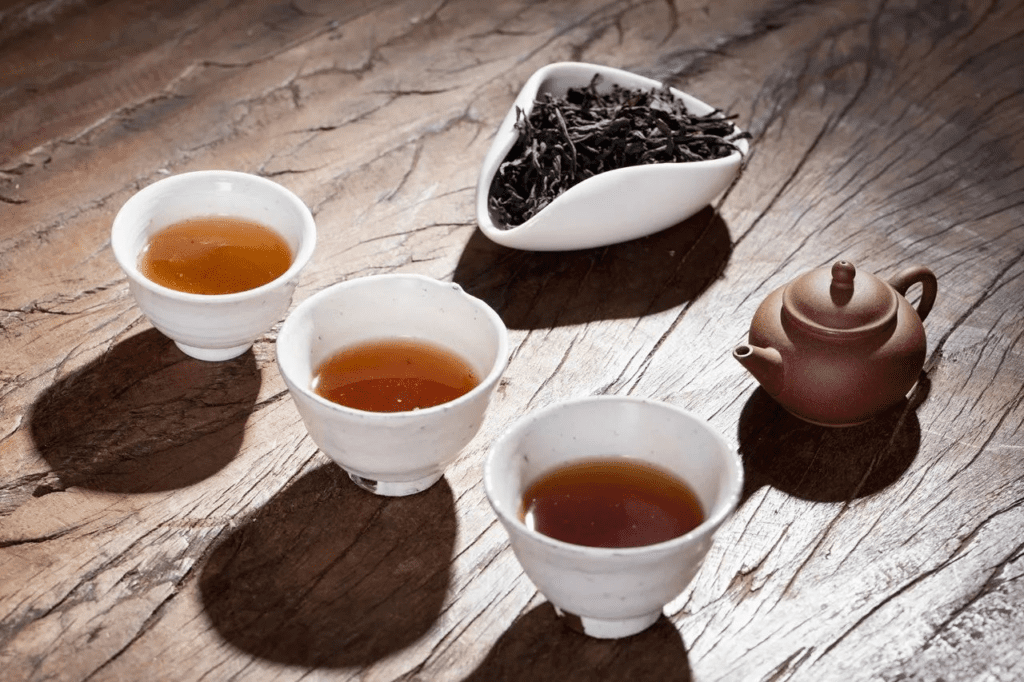
The Cultural Significance of Rock Tea
Rock tea is not only a kind of tea, but also a culture. It carries the unique terroir of Wuyi Mountain and unites the essence of Chinese tea culture.
Rock tea culture has a long history, dating back to the Tang and Song dynasties. Su Dongpo, a great writer in Song Dynasty, once praised rock tea as "good tea on the top of the rock". During the Ming and Qing Dynasties, rock tea became a tribute tea, famous at home and abroad.
Nowadays, rock tea has become an important part of Chinese tea culture, which is not only popular in China, but also exported to all over the world.

